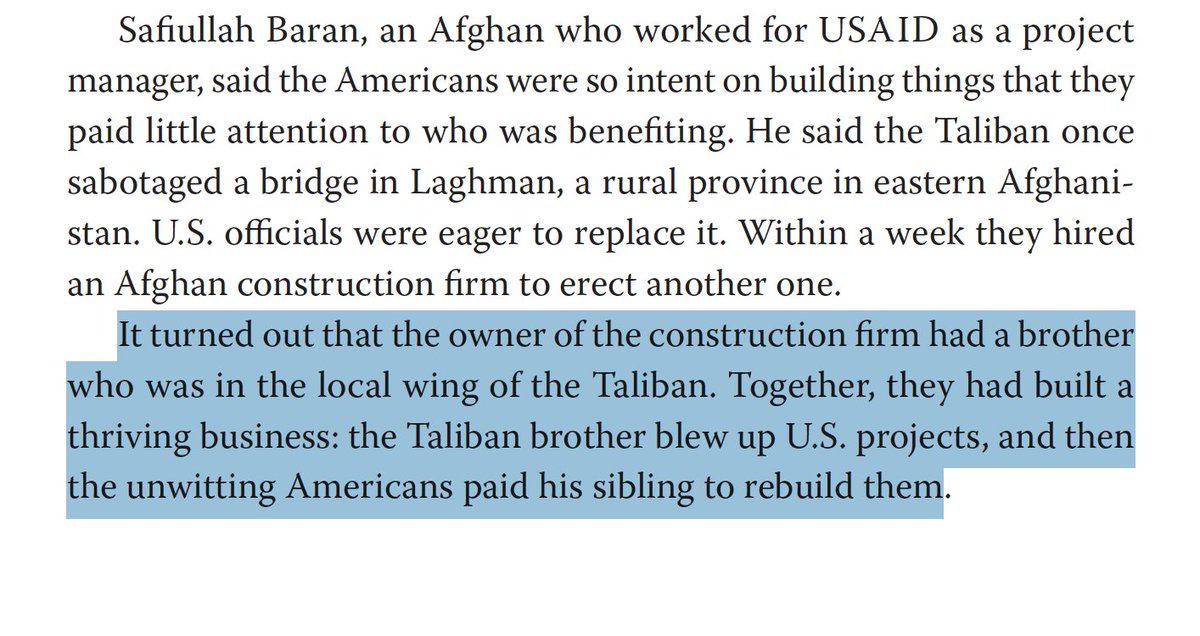How do you know whether a film about a historic event is true? Which scenes, lines or characters are real, which invented? Is the underlying narrative accurate? These issues have been handled in an innovative way by the writer of HBO's miniseries "Chernobyl."
I've written before about the achievements of "Chernobyl." But one of its least-heralded attributes is off-screen. Most filmmakers don't want discuss the liberties they take with the historical record, but @clmazin, the writer of "Chernobyl" is telling all.
For each episode there's a companion podcast in which Mazin explains what's real and what's invented, why he chose to make up some things -- and the sources he relied on for his material. It's a remarkably effort in transparency that's rare in Hollywood. podcasts.apple.com/us/podcast/the…
The point of the podcasts, he said in an interview with Slate, was to "hold myself accountable for things we change. You can't present everything perfectly through narrative, but you can acknowledge it, and talk about it."
The podcasts are remarkable (helped by Mazin nabbing Peter Sagal as his co-host). Was Valery Legasov real? (Yes). Was Ulana Khomyuk? (No.) And much more. Mazin even published the scripts for each of the five episodes. news.avclub.com/chernobyl-s-sc…
He is totally transparent about what's real & what's invented. I assume the reason he's willing to do that -- few in Hollywood do -- is because so much of "Chernobyl" is loyal to the historical record, and what's invented is consistent with it. He is not creating false myths.
For good or bad (mostly bad, alas) what many Americans know or believe of the past comes from Hollywood's recreations of it. Particularly in the post 9-11 era, we've watched a lot of false history at the multiplex. I've written about this before...theintercept.com/2015/02/13/why…
Contrast, for instance, Mazin's openness about "Chernobyl" with the evasiveness of Mark Boal, the writer of "Zero Dark Thirty," which spread the falsehood that CIA torture worked during the hunt for bin Laden. This snippet is from my story in the Atlantic about ZDT -- 

"It's a dazzling film," I wrote. "But what's more dazzling—and frustrating—is the government's skill, time and time again, in getting its story told so uncritically." theatlantic.com/entertainment/…
This happens again and again -- major films present skewed/false versions of historic events but the writers or directors are not challenged to explain or defend their accuracy. I wrote about this problem with the blockbuster "American Sniper." theintercept.com/2015/01/08/cli…
And that's why Mazin's approach to "Chernobyl" is so important -- he is setting a new standard, a Hollywood version of "show your work." You have made a film about a major figure or event -- show us your sources, explain what's real and invented, don't dodge these questions.
This is not an argument against fiction in filmmaking. Invention and imagination are necessary -- real events are usually too complex or too slow for loyal translation to the screen. The final scene of "Chernobyl" is half made up (I won't tell you which half) but it's brilliant.
"Narrative is a beautiful thing," Mazin told Slate. "It’s how you understand the world, it’s how we relate to each other, and it’s how we organize our own memories ... The problem is when we weaponize it."
Weaponized narratives can be disarmed. The type of transparency/scrutiny that's encouraged by Mazin's example with "Chernobyl" is our best defense against them. theintercept.com/2019/06/05/wha…
• • •
Missing some Tweet in this thread? You can try to
force a refresh











